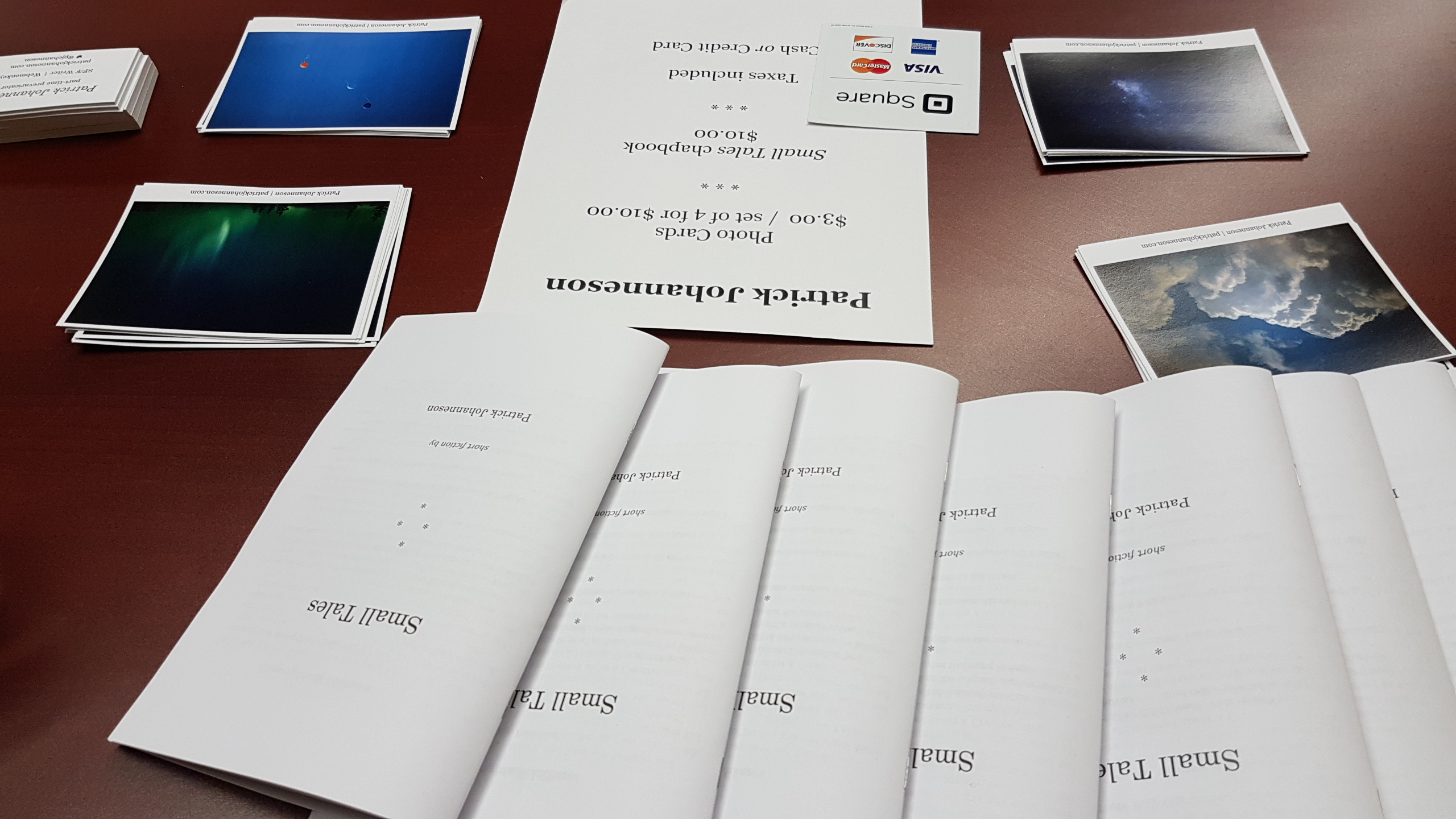
Thanks to my local library, I read Sylvain Neuvel’s The Themis Files trilogy:
- Sleeping Giants
- Waking Gods
- Only Human
As a young girl, Rose Franklin falls into a hole and discovers a giant mechanical hand. As an adult, she goes to work on what has now been named Themis: a giant robot of alien origin, which, for unknown reasons, traveled to Earth sometime in the distant past, only to be disassembled and scattered around the globe.
Along the way she teams up with a couple of military pilots, a man who claims he’s descended more or less directly from aliens, a rogue geneticist, and a mysterious stranger who wields more power than literally anyone else on Earth.
But no one’s ready for what happens when the robot builders show up. Or what happens when a handful of people are transported to the builders’ homeworld.
Turns out an invulnerable giant robot can have a profound effect on the geopolitical landscape.
The novels are epistolary, told in the form of transcripted interviews, news broadcasts, personal journals, letters, and the like. Sylvain Neuvel is a master of propulsive storytelling—I read books 2 and 3 in a couple of days apiece (normally it takes me between a week and a month to read a book), and the story itself had me laughing more than once. I especially enjoyed the tone of the Mysterious Stranger’s dialogue, even though he was sometimes not a very nice person. (There are no shortage of not very nice people here, and everyone’s flawed, just like the real world.)
The story examines the consequences of discovering that, not only are we not alone in the universe, but there exist aliens quite capable of wiping out the entire human race without breaking a sweat. How do you fight against a threat like that? And what happens when flawed human beings get access to that technology?
Well, you’ll have to read the trilogy to find out. Trust me, it’s worth it.
Highly recommended, especially if you’re into first-contact yarns, sardonic humour, giant robots, or geopolitics. Oh, and linguistics.






